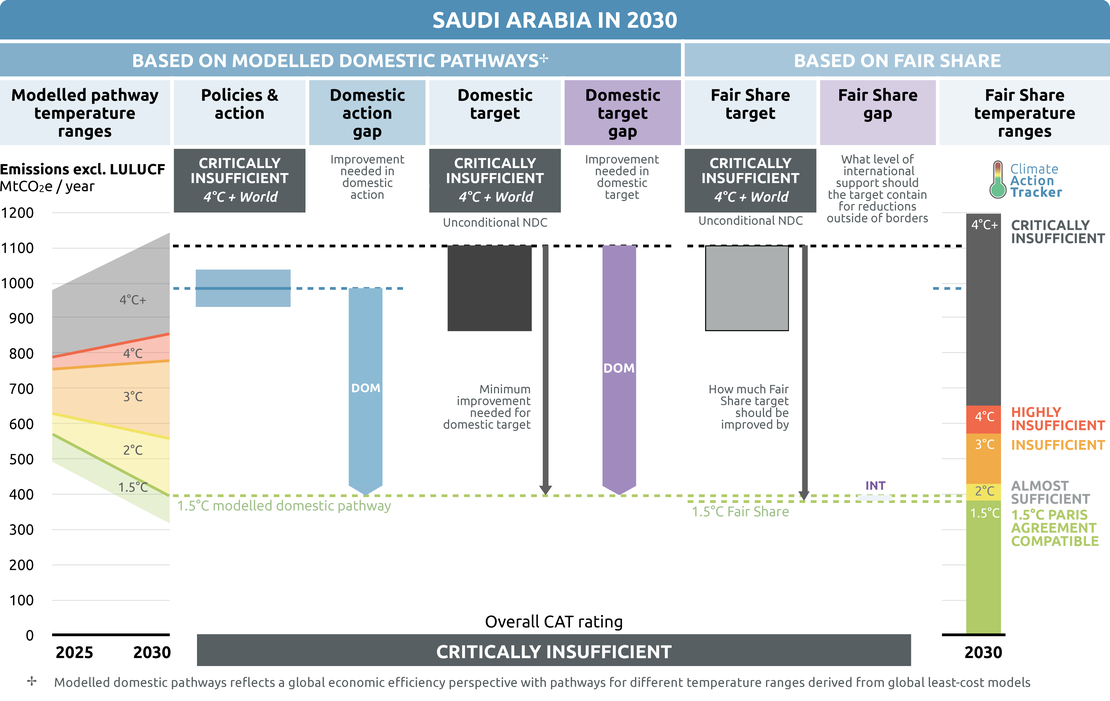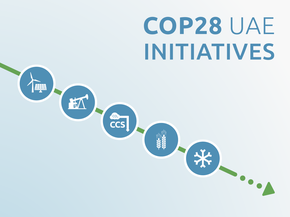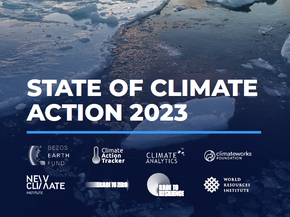Targets
Paris Agreement targets
NDC description
On 3 November 2016, Saudi Arabia ratified the Paris Agreement, and its Intended Nationally Determined Contribution (INDC) became its NDC. The NDC aims to annually abate up to 130 MtCO2e (132 MtCO2e in AR4 GWPs) by 2030 through contributions that have co-benefits in diversifying the economy and mitigate greenhouse gas (GHG) emissions (Kingdom of Saudi Arabia, 2015).
It is however important to note that the NDC target does not refer to a baseline projection, as it is unclear whether to allocate the production of oil to domestic consumption or export, which impacts the economy of the country and its greenhouse projection in opposite ways.
The NDC mentions that Saudi Arabia may choose to adjust its NDC between 2016 and 2020 if the Paris Agreement creates an “abnormal burden” on its economy. The NDC specifically mentions that in a scenario with high oil exports, greenhouse gas emissions would be lower, and the economy would grow faster, compared to a scenario where oil is consumed locally. The target outlined in the NDC is contingent on the high export scenario, and Saudi Arabia reserves the right to adjust its NDC between 2016 and 2020 if the proceeds from oil exports were to decrease.
In a scenario of high exports, Saudi Arabia would achieve its target through measures in energy efficiency, renewable energy, carbon capture and storage, increasing use of gas and methane recovery and flare minimisation. The measures remain unquantified in the NDC.
As Saudi Arabia has not yet communicated the business as usual (BAU) range for its NDC target, we quantified the target based on our estimates of the BAU. The lower end of the BAU range represents extrapolation of Saudi Arabia’s 2005–2010 emissions trend. The upper end of the range represents a baseline projection, assuming no further expansion of renewable and nuclear power generation. We based our scenario on adjusted projections from KAUST (2014) for energy-related emissions, complemented by US EPA (2012) projections for non-CO2 emissions and extrapolation of the historical trend for other CO2 emissions from IEA (2017).
Based on this BAU range, we project Saudi Arabia’s NDC emissions level to be around 860–1100 MtCO2e in 2030. This represents an 11–13% reduction from the estimated BAU range but an increase of approximately 35–72% above 2015 levels, or 416–562% above 1990 levels.
The CAT rates Saudi Arabia's target as "Critically insufficient" when rated against modelled domestic pathways ("domestic target") and against the fair share contribution ("fair share target"). Saudi Arabia does not specify a conditional target or an international element in its NDC, so we rate the same target against the two rating frameworks.
We rate the proposed 2030 reduction target levels as “Critically insufficient” when compared to domestic pathways (derived from global least cost modelled domestic pathways). The “Critically insufficient” rating indicates that Saudi Arabia’s internationally supported target in 2030 reflects minimal to no action and is not at all consistent with the Paris Agreement’s 1.5°C temperature limit. If all countries were to follow Saudi Arabia’s approach, warming would exceed 4°C.
We rate Saudi Arabia’s NDC “Critically insufficient”. The “Critically insufficient” rating indicates that Saudi Arabia’s fair share target in 2030 reflects minimal to no action and is not at all consistent with the Paris Agreement’s 1.5°C temperature limit. Saudi Arabia’s target is not in line with any interpretation of a fair approach to meeting the Paris Agreement’s 1.5°C limit. If all countries were to follow Saudi Arabia’s approach, warming would exceed 4°C.
Further information on how the CAT rates countries (against modelled domestic pathways and fair share) can be found here.
Last NDC update
Up until the time of this assessment, Saudi Arabia has not submitted an updated NDC.
Net zero and other long-term target(s)
Saudi Arabia does not have a net zero target.
Further analysis
Latest publications
Stay informed
Subscribe to our newsletter





